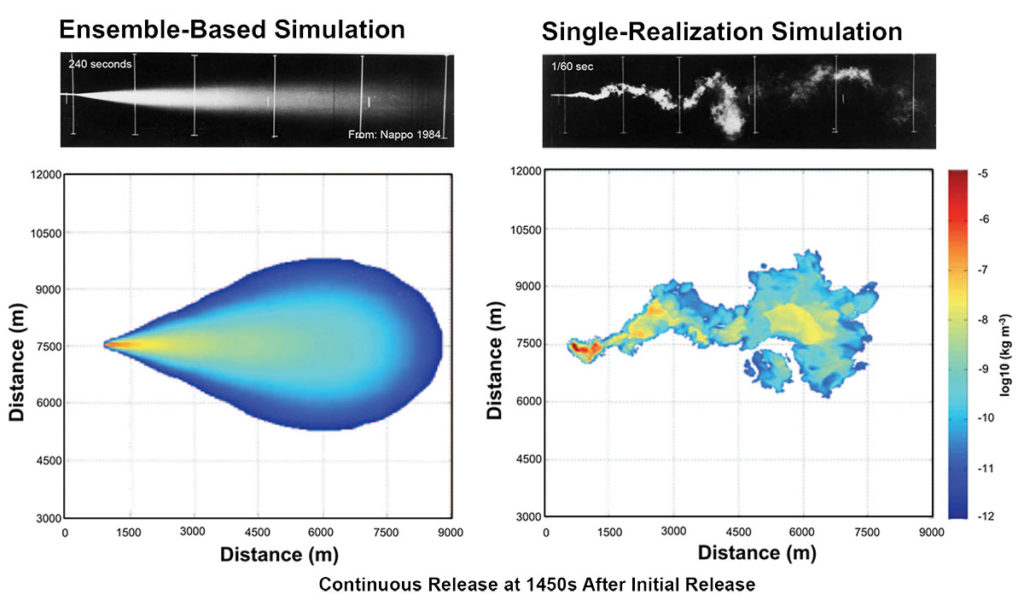OUR APPROACH
Aeris specializes in the mathematical/numerical modeling of environmental phenomena, as well as the analysis of the impacts to downstream, environmentally sensitive systems. Our approach for providing products and services begins by working closely with each customer to identify their needs and requirements. In most cases, Aeris’ standardized offerings will meet the needs of customers; however, in some instances, customized modeling and simulation methodologies are designed to generate the required data and information at the necessary spatiotemporal fidelities to solve more complex customer problems. Aeris scientists and engineers are also uniquely positioned to perform tailored analysis to further meet customer-specific requirements.

Utilizing state of the art government/commercial off the shelf (GOTS/COTS) environmental modeling tools and datasets, coupled with its own proprietary tools and techniques, Aeris delivers modeling and simulation offerings for demanding problems and applications that require differentiating solutions. This includes real-time environmental analysis and forecasting, risk assessments, compliance studies, and sensor placement optimization.
Aeris develops and supplies numerically generated weather forecast products for specific regions of interest by leveraging both research grade and operational NWP systems, including Large Eddy Simulation (LES) modeling. Systems used by Aeris have been optimized for execution on traditional CPU based frameworks, as well as GPU massively parallel hardware architectures. Additionally, a variety of atmospheric dispersion modeling tools and techniques are employed to predict and analyze the downstream concentrations, exposures, and effects from Chemical, Biological, Radiological, and Nuclear (CBRN) atmospheric release events, as well as pollutants from emission sources.
Historical analyses conducted by Aeris involve the statistical analysis of past environmental conditions to identify trends and patterns of interest for select locations or regions. For these analyses, Aeris leverages advanced downscaling techniques, along with a variety of Artificial Intelligence (AI) based data mining methodologies to extract additional signals and identify recurring patterns of interest that are essential to solving complex problems. Note that Aeris also has the capacity to support retrospective analyses of specific historical events of interest.
Of critical importance is the ability to determine the level of accuracy of model generated results. Many of the modeling tools currently being use by Aeris have been and continue to be validated by the general scientific community and our customers. The associated validation results are regularly published in peer reviewed literature. Our staff scientists and engineers have actively participated in many of these past validation exercises, have co-authored a variety of associated validation studies, and continue to support validation of new and emerging numerical modeling systems and associated techniques.